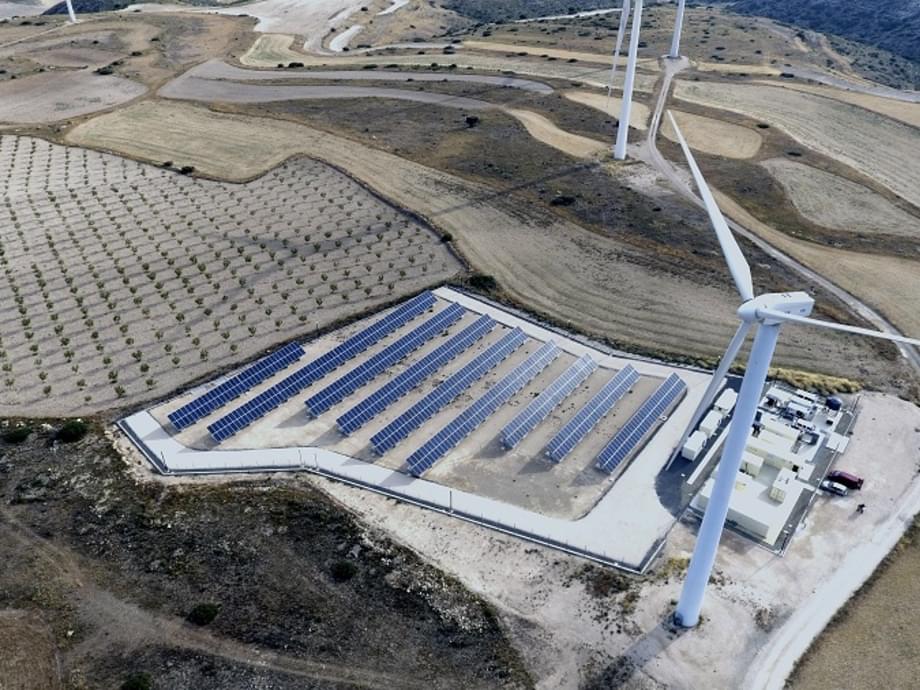Inspired by Tesla’s Cybertruck, the mini EV starts at $1,299.


Inspired by Tesla’s Cybertruck, the mini EV starts at $1,299.

Moonshot I will soon pass the 80-knot mark (over 92 mph) in the next year.
French startup Syroco hopes its boat Moonshot I will soon pass the 80-knot mark (over 92 mph) in the next year, according to the Robb Report. To do this the firm is targeting some pretty ambitious achievements.
Keeping true to Syroco’s pioneering spirit and thirst for discovery, research has already made it possible to question fundamental paradigms in naval architecture. For only research, coupled … See more.

Meta has reportedly poached about 100 engineers from Apple.
Apple is giving its top engineers in the hardware as well as software divisions out-of-cycle bonuses in a bid to stop them from jumping ship to Meta. These bonuses are largely in the form of restricted stock units valued in the range of $50,000 to $180,000, Bloomberg reported.
Earlier in October, we reported that Meta, then Facebook, was planning to hire 10,000 engineers to build Zuckerberg’s version of the metaverse. In the little time that has passed since the company rebranded itself and even opened up its Horizon Worlds for users. But what is not in the public domain is that Meta has poached about 100 engineers from Apple during the period, according to Bloomberg’s report.
Apple now wants to put an end to this by offering its top talent significant stock options that lock them in with the company for years. These options that are being offered selectively to engineers in silicon design, hardware, software, and even operations groups are atypical and untimely, Bloomberg reported.
Full Story:





A team of Viennese researchers has developed what likely amounts to the future of classical computing: Intelligent transistors. By tapping into the element Germanium, these transistors are much more efficient and can reduce the number of transistors required for the same computational work by a staggering 85%.

😃
Probabilistic modelling
Four major steps are entailed in generating successful probabilistic modelling through the Bean Machine. The modelling is based on generative techniques, the data collected from Python dictionaries where it is associated with random variables. The learning step improves the model’s knowledge based on observations, and the results are stored for further analysis.
Through probabilistic modelling, engineers and data scientists can account for random events in future predictions while measuring different uncertainties. This method is preferred because it offers uncertainty estimation, expressivity, and interpretability facilities. Let’s discuss these.
